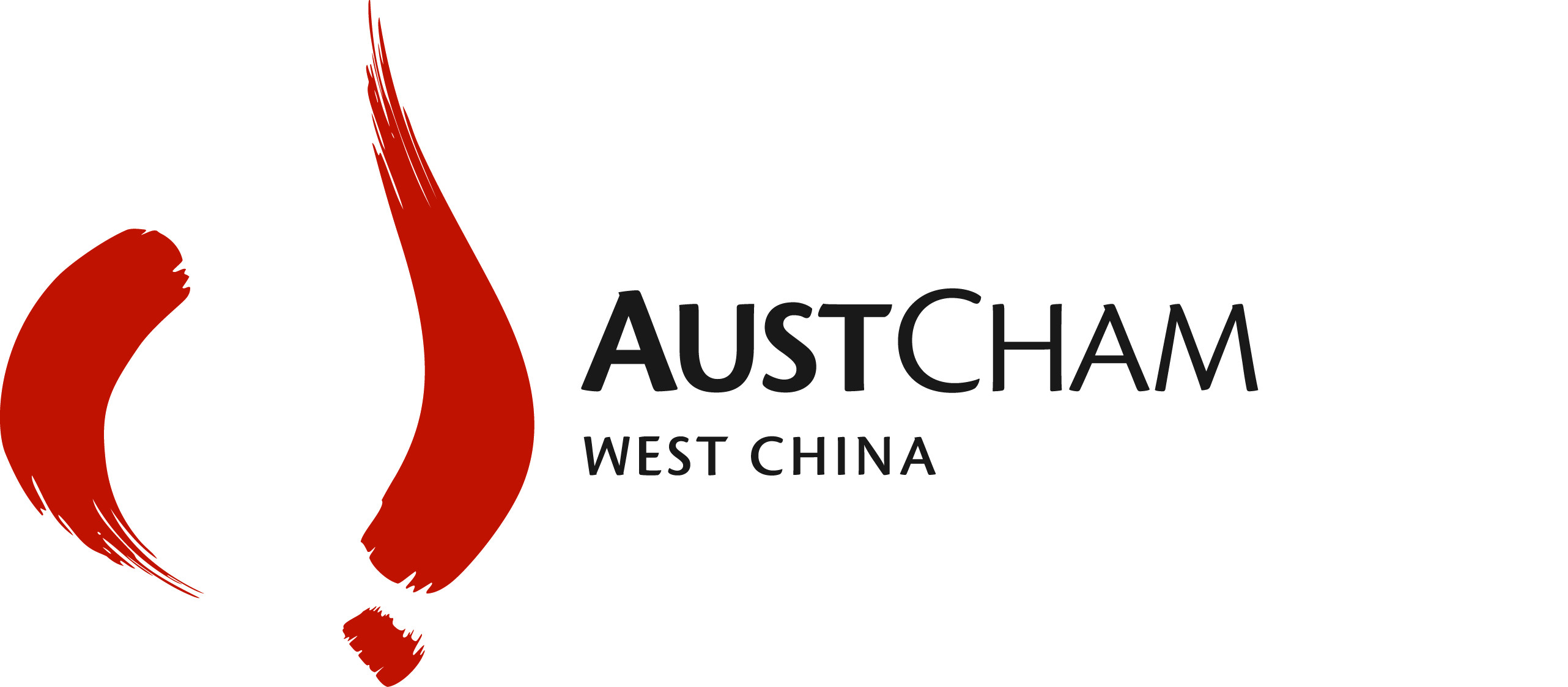Date: Tuesday, 29th September 2015
Finalize China FTA pleads agribusiness (English)
Source: North Queensland Register, 16 September 2015
Agriculture bosses are urging new Prime Minister Malcolm Turnbull to resolve the spat with unions and the federal opposition over the China-Australia Free Trade Agreement (ChAFTA). Turnbull on Monday called the ChAFTA “one of the most important foundations of our prosperity”, and raised it as one of his reasons for challenging Tony Abbott for the prime ministership.
Ratify China FTA: GGL (English)
Source: Stock & Land, 21 September 2015
Ratification of the China-Australia Free Trade Agreement is vital to help grain-growers further tap into China’s growing demand for grains. China is Australia’s largest export market for barley – in 2014 Australia’s barley trade to China was valued at about $995 million. GGL says sorghum growers will also be big winners with the agreement outlining an immediate reduction in the 2pc tariff on sorghum to China over five years – estimated to be worth an additional $11-12 million to Australia’s export sorghum trade per year.
The potential of China-Australia agribusiness trading should be tapped deeply (Chinese)
Source: eastmoney.com, 16 September 2015
Australian exports of wheat, barley and sorghum to China has exceeded 1.5 billion USD (2.14 billion AUD). And after ratification of CHAFTA, farmers would gain more profits due to the tax deduction. And also, because Chinese demand of fresh seafood is increasing dramatically, Australia would have a great opportunity with high-quality seafood. In addition, with good products, competitive prices and decent supply chain, Australian pork providers are expecting high premium as beef providers do.
Pork sweats on China FTA (English)
Source: Stock & Land, 14 September 2015
Australian pork farmers are sweating on the ratification of a free trade deal with China, saying the agreement will deliver meat price increases similar to those that beef producers have enjoyed. Australian pork, which accounts for 2.1 per cent of national farm production, cannot be sent to China until the two countries agree on an export protocol. The China trade agreement, which would eliminate tariffs of up to 20 per cent on pork within four years, is the first step in allowing Australian pig farmers to access the world’s biggest pork eating market.
This brief summarises a range of publicly available news articles in both Chinese and English and AustCham takes no responsibility for the accuracy of the information in these articles. In addition, the views and opinions reflected in these articles are not necessarily representative of AustCham.
For more details on how to get involved in the AustCham Beijing Food & Agribusiness Services Working Group, please contact Andrew Britz.

Write a Comment